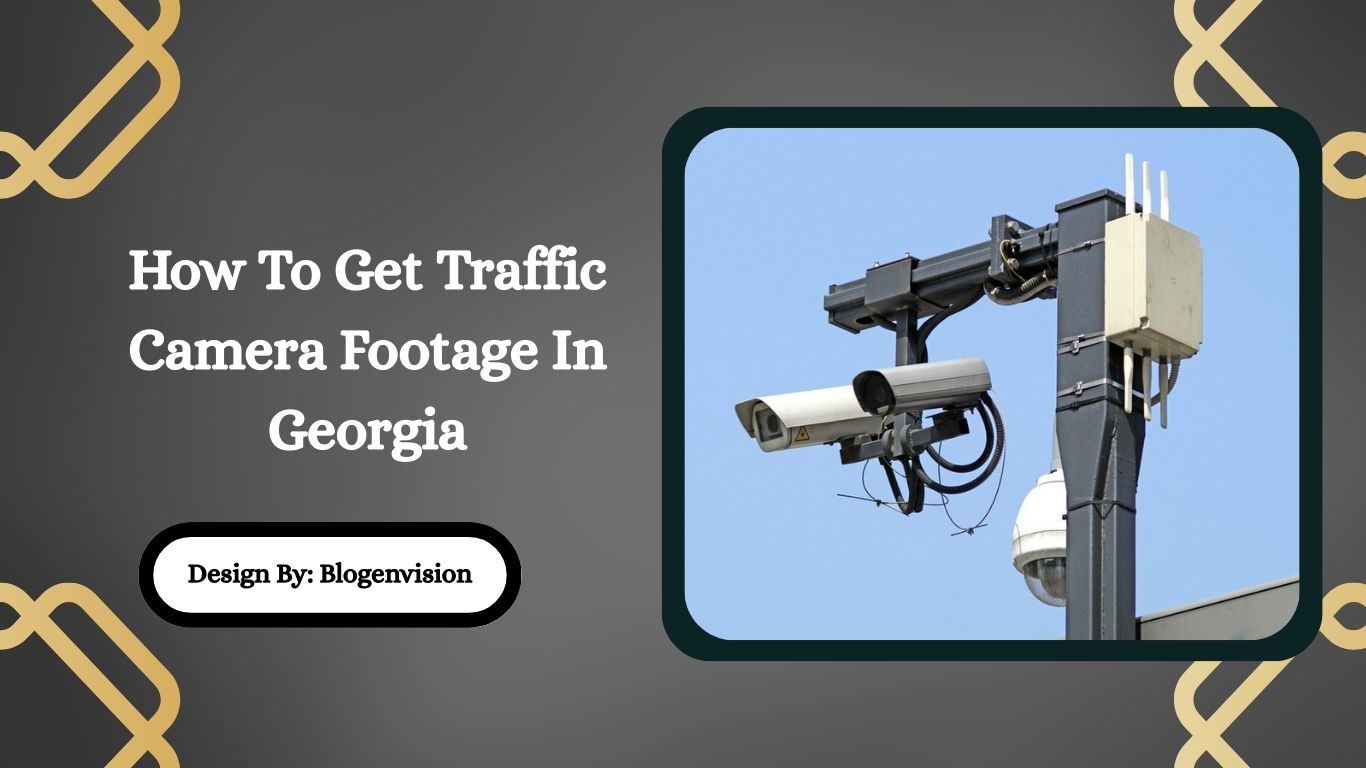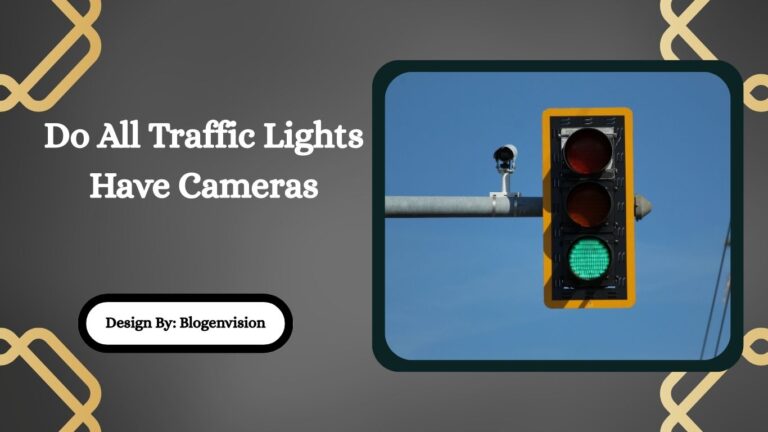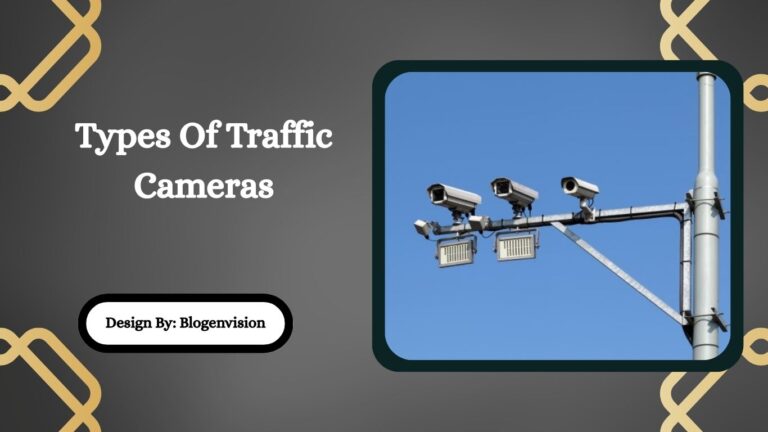How To Get Traffic Camera Footage In Georgia – Complete Guide!
To get traffic camera footage in Georgia, identify the managing agency (like GDOT or local police), submit an Open Records Request quickly, provide detailed event information, and be prepared for small fees.
Introduction:
Sometimes accidents happen, and it’s hard to prove who was right or wrong. Maybe you were in a car crash or saw something unusual on the road. In situations like these, getting traffic camera footage can be very helpful.
It can show exactly what happened and clear up any confusion. If you are in Georgia and wondering how to get traffic camera footage, this article will guide you step-by-step in a simple way. Let’s get started!
Is It Possible to Get Traffic Camera Footage in Georgia?
Yes, you can request traffic camera footage in Georgia, but it depends on a few things. Some cameras only show live videos and don’t actually record anything. Other cameras might save footage for a short time, like a few days. It also depends on who owns the camera — it could be the Georgia Department of Transportation (GDOT), a local city traffic department, or the police.
Knowing who runs the camera you need footage from is very important because you’ll have to ask the right place.
Who Controls Traffic Cameras in Georgia?
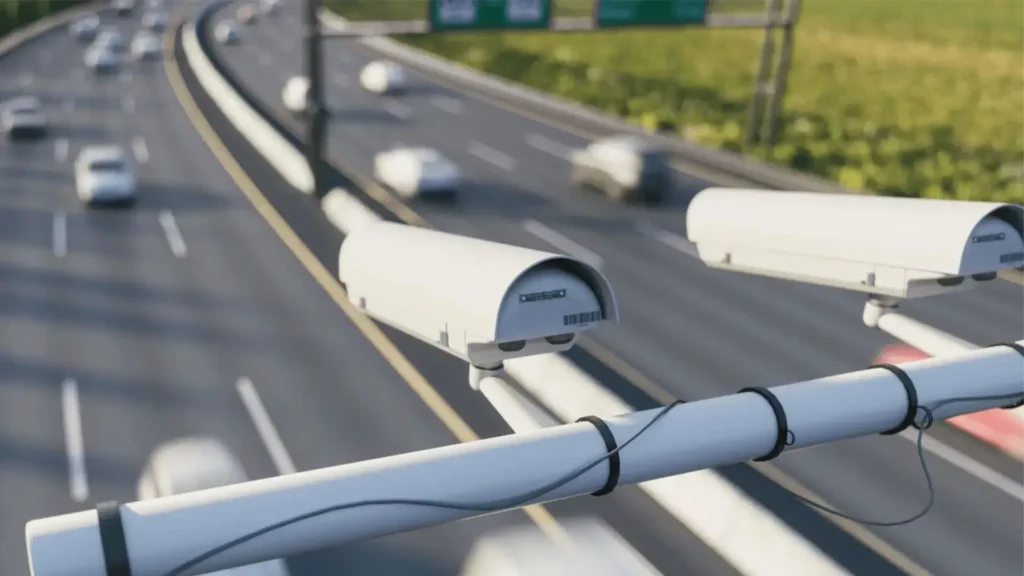
In Georgia, different agencies control different cameras. Here’s a simple list:
- GDOT (Georgia Department of Transportation): They manage cameras on highways and major roads.
- City Traffic Departments: Big cities like Atlanta, Macon, or Augusta have their own traffic control centers.
- Police Departments: Many red-light cameras and intersection cameras are managed by police for law enforcement purposes.
Before asking for footage, try to figure out if it was a highway, city street, or near a traffic light with police cameras.
How to Request Traffic Camera Footage in Georgia?
Follow these easy steps to request footage:
🔹 1. Gather Information
First, write down important details:
- Exact location (street name, nearby landmark)
- Date and time when the incident happened
- Direction you or the other car was traveling
Having these details ready will make your request stronger and easier to process.
🔹 2. Find the Right Agency
Once you know the location, figure out who manages the camera:
- Highway? Contact GDOT.
- City street? Contact the city traffic office.
- Red light or intersection? Contact the local police department.
You can easily find the right contact by searching online with terms like:
“City Name + traffic camera request“ or “GDOT contact for traffic footage.”
🔹 3. Submit an Open Records Request
Georgia has a law called the Open Records Act. It lets citizens ask for public documents, including available traffic footage.
Here’s how to do it:
- Go to the agency’s website.
- Find the “Public Records Request” or “Open Records Request” page.
- Fill out a simple form with your details.
Some places let you email the request; others might have online forms.
Tip: Be very clear in your request! Example:
“I am requesting any available traffic camera footage for the intersection of Peachtree St and 10th St on April 5th, 2025, at around 3:00 PM.”
Also Read: Where To Donate Old Cameras Near Me – Explained Guide!
🔹 4. Wait for a Reply
The agency must respond within three business days.
They will tell you:
- If the footage exists
- If they can legally release it
- How much it will cost to get a copy (if any)
🔹 5. Pay Any Fees
Some agencies might charge a small fee for searching, copying, or transferring the footage. Always ask about costs when you submit your request, so you’re not surprised later.
Important Tips When Requesting Footage
- Ask Quickly: Some cameras only save recordings for 48 to 72 hours.
- Be Detailed: Include exact location, date, time, and description in your request.
- Understand Privacy Limits: If the footage is part of a police investigation, they might not release it right away.
What If the Traffic Footage Is Not Available?
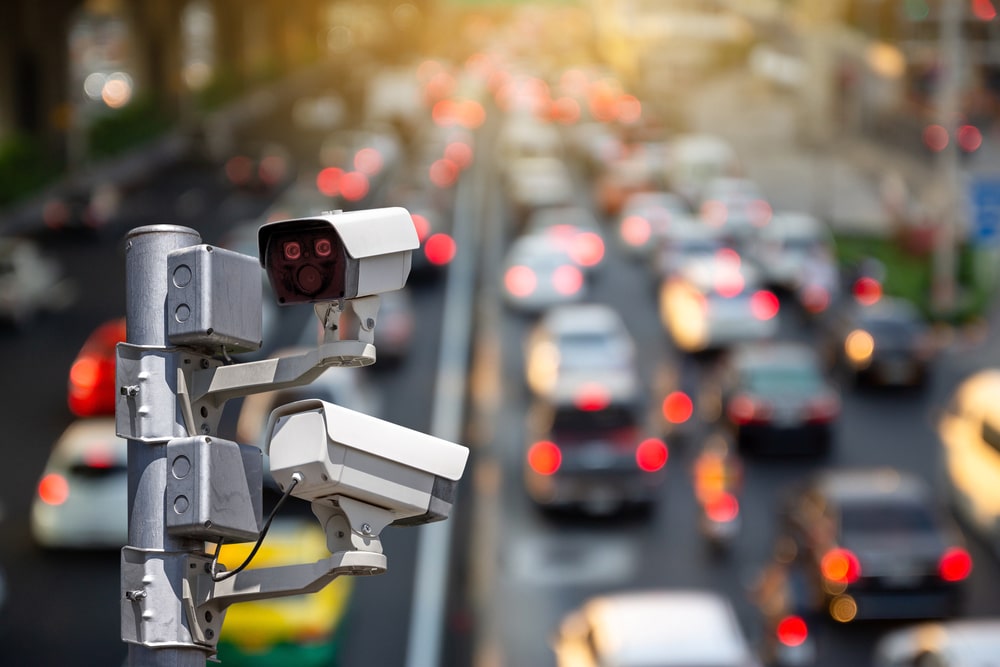
Sometimes you may find out that the footage was not recorded, already deleted, or not available to the public. Don’t worry — you still have options:
- Nearby Business Cameras: Stores, gas stations, or offices might have security cameras pointing at the road.
- Witnesses: Other drivers or pedestrians may have seen the incident.
- Police Reports: File or request a report with the local police for official documentation.
- Dash Cam Footage: Sometimes, drivers nearby record incidents with their personal dash cams.
Always act fast because video evidence can disappear quickly!
Sample Agencies to Contact for Traffic Camera Footage:
Here are a few helpful links and agencies:
- Georgia Department of Transportation (GDOT)
Website: www.dot.ga.gov - City of Atlanta Department of Transportation
Website: www.atlantaga.gov - Savannah Police Department
Website: www.savannahga.gov
Check their websites under “Public Records Requests” or “Contact Us” sections!
FAQs:
1. How long is traffic camera footage stored in Georgia?
Most traffic camera footage is only stored for a short time, typically 48 to 72 hours. It’s important to request the footage as soon as possible after an incident.
2. Can anyone request traffic camera footage in Georgia?
Yes, under Georgia’s Open Records Act, any member of the public can request traffic camera footage, but access depends on whether the footage is saved and available for release.
3. Are there fees for requesting traffic camera footage?
Sometimes agencies charge small fees for searching, copying, or transferring footage. Always ask about potential costs when submitting your Open Records Request to avoid surprises later.
4. What if the footage is part of a police investigation?
If the footage is part of an ongoing investigation, it may not be released immediately. You might have to wait until the investigation concludes or seek legal advice.
5. Can businesses help if traffic footage isn’t available?
Yes, nearby businesses with security cameras often record street views. You can ask business owners politely if they captured the incident and if they’re willing to share the footage.
Conclusion:
Getting traffic camera footage in Georgia takes a little work but is definitely possible. Acting quickly, providing clear details, and contacting the right agency are the key steps. Even if direct traffic footage isn’t available, nearby businesses or police reports can still help you gather important evidence. Stay patient, follow the process, and you’ll improve your chances of successfully getting the footage you need for your situation.
